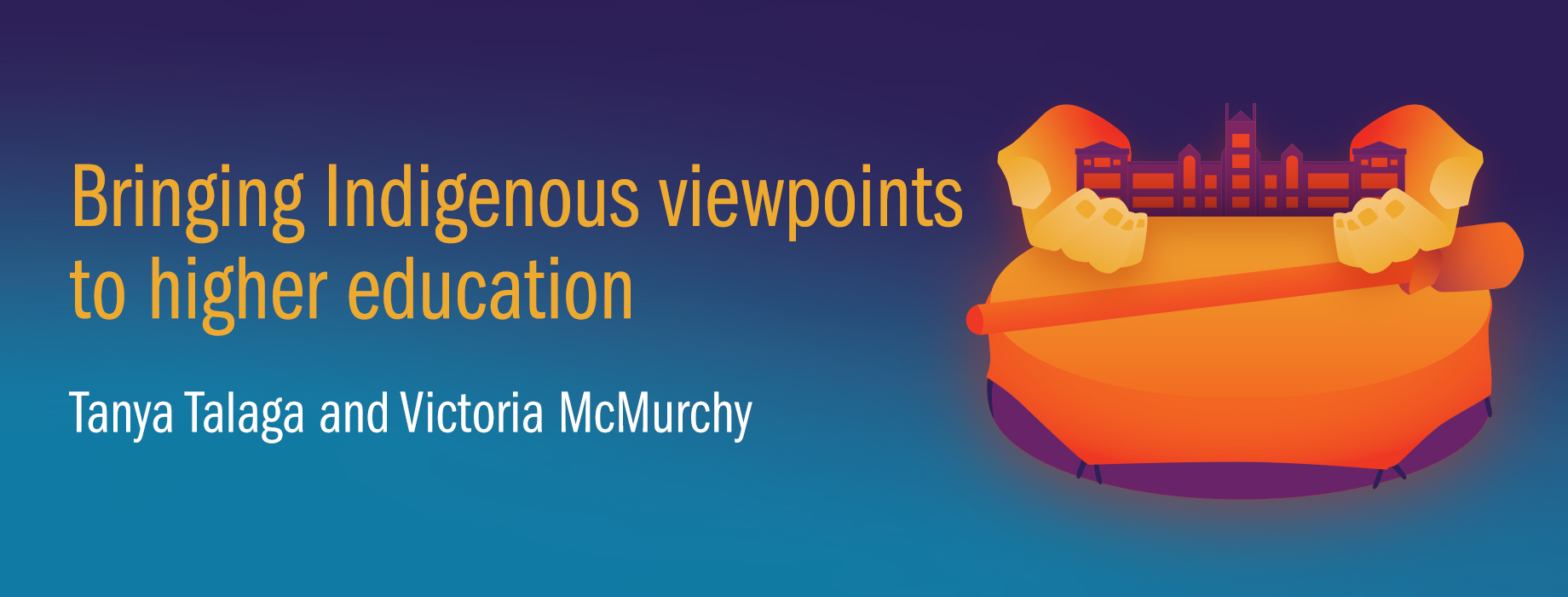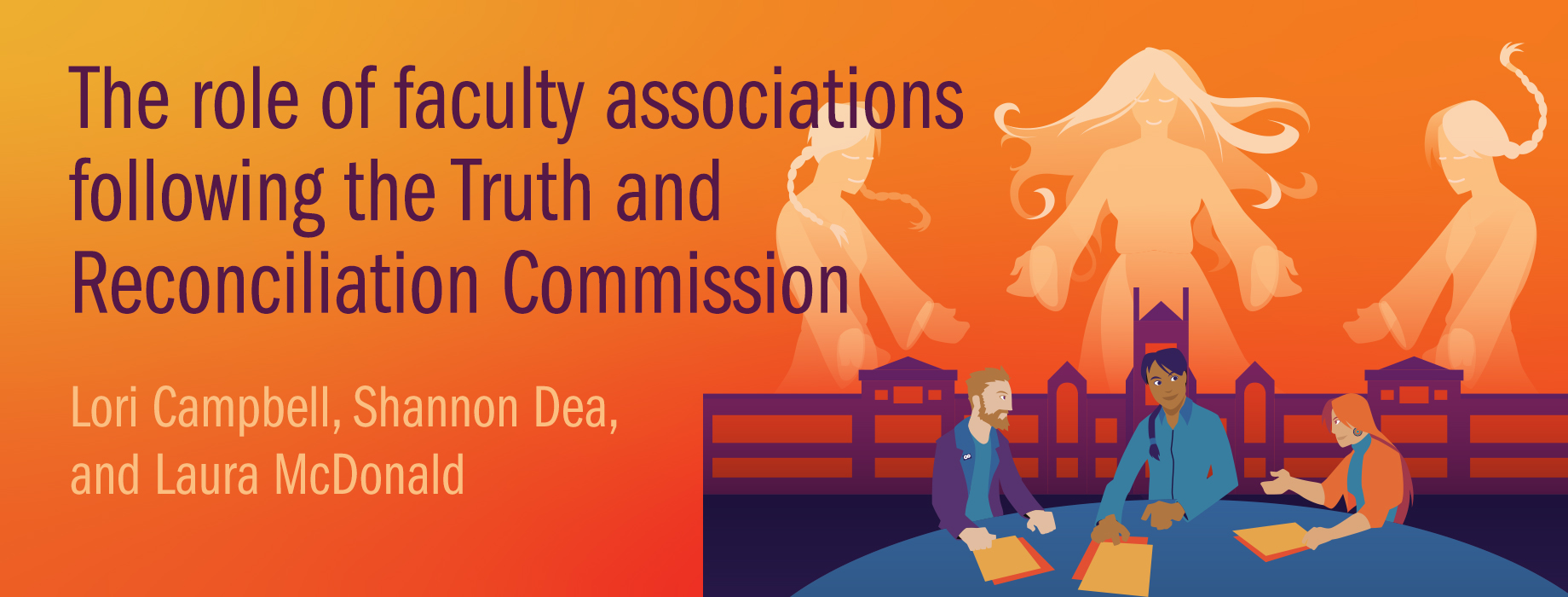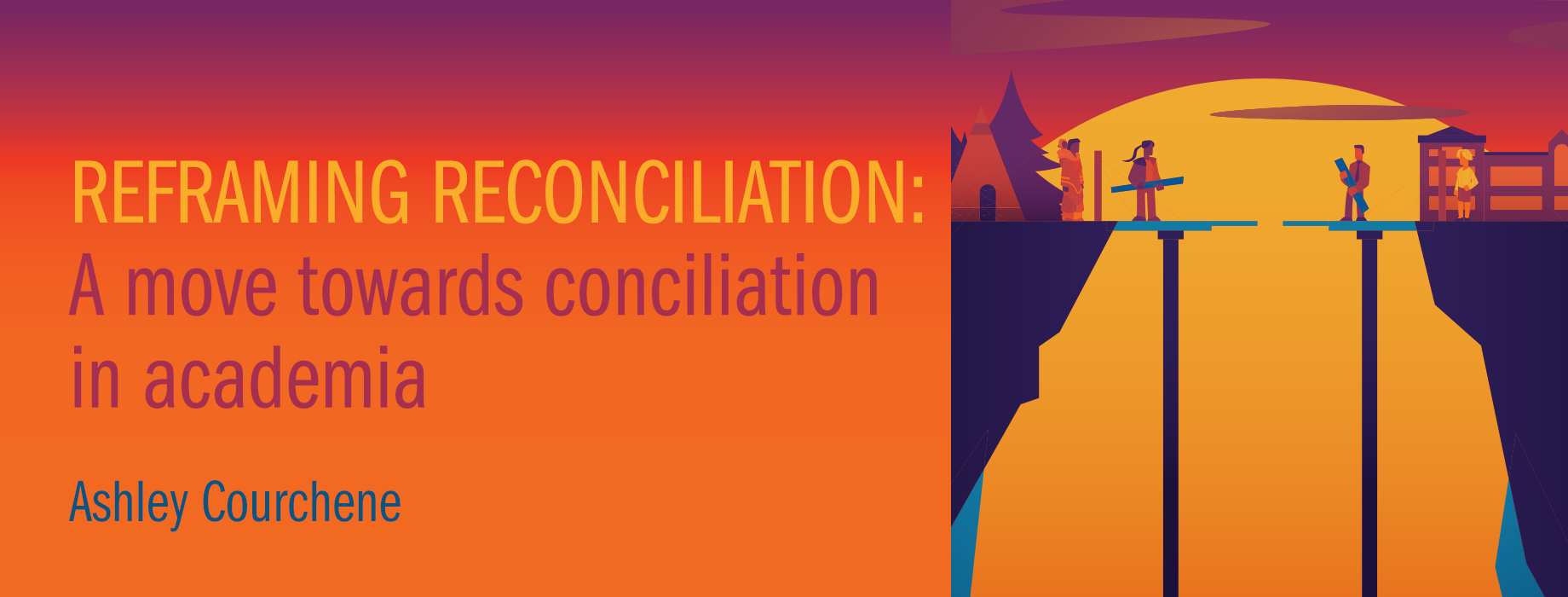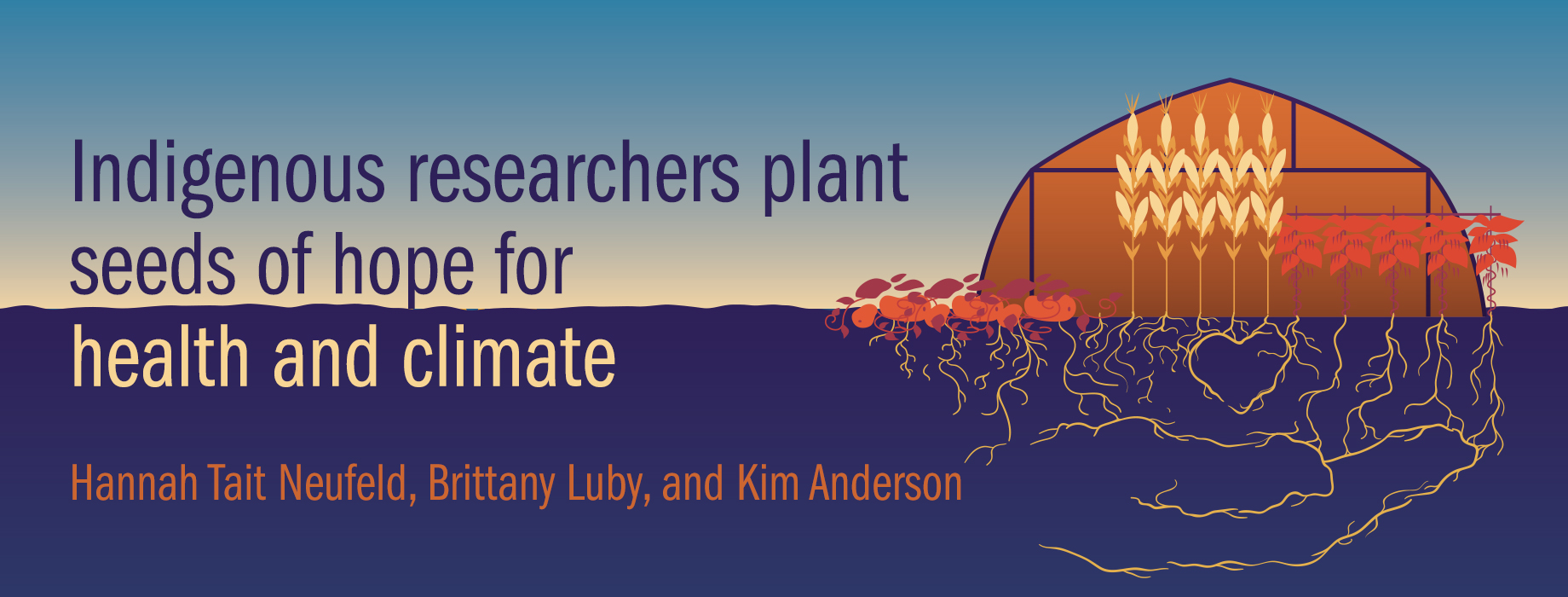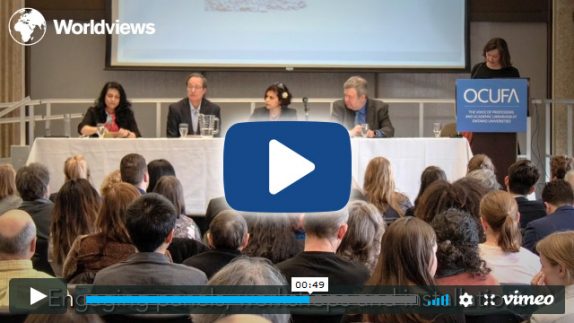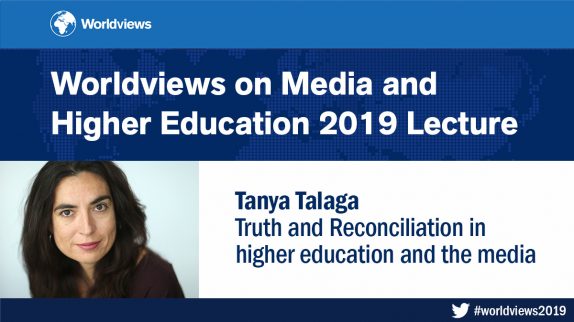
At the 2019 Worldviews Lecture, Ojibway author and journalist Tanya Talaga addressed the need for better education for Indigenous students in Canada and how higher education can be a part of the solution. After her lecture, Talaga joined a panel discussion about the responsibilities higher education and the media have regarding truth and reconciliation.
Watch the 2019 Worldviews Lecture by Tanya Talaga on truth and reconciliation in higher education and the media.
Talaga’s started her lecture by stating that the history of what has happened in this country needs to be remembered when searching for paths forward. Many of the problems Indigenous students face when trying to access education stem from the generations of oppression that First Nations, Métis, and Inuit peoples have endured. She reminded the audience that the Truth and Reconciliation Commission’s calls to action were particularly meant for non-Indigenous Canadians to embrace as steps toward reconciliation.
Talaga noted that while promoting her book, Seven Fallen Feathers, after every event at least one audience member would come and tell her that they did not know about Canada’s residential school system. She pointed to the omission of this history in Canada’s schools as the cause of this lack of awareness. Talaga recalled that even in her history classes at the University of Toronto, Indigenous peoples were only reference in a couple of paragraphs about the fur trade. This historical ignorance feeds into how and why many Canadians fail to understand the issues preventing Indigenous students from accessing education today.
Talaga explained that there are very few high schools in Indigenous communities, forcing young teenagers to move away from home to receive an education. These students have to leave their family, their culture, and their languages to attend high school in cities hundreds of kilometres away.
Even though education is a fundamental right in this country, the schools Indigenous youth attend are often understaffed and underfunded. Talaga referenced Journalists for Human Rights’ most recent report Emerging Voices, where they reported that a lack of internet and computer access, as well as distance and funding are some of the main barriers that Indigenous students face when trying to access education.
Talaga suggested that, in order to get Indigenous students better access to postsecondary education, universities and colleges need to reach out to nearby Indigenous communities. For example, in Thunder Bay, Ontario, Dennis Franklin Cromarty High School has partnered with Confederation College so high school students can get college credits to help them transition to Lakehead University through a bridge program. Talaga said that if postsecondary institutions want to learn about creating a better relationship with Indigenous communities, they should pick up a phone, make an appointment, and go and talk to members of the community to figure out how they can improve their programs, services, and supports.
To conclude her talk, Talaga urged the audience to use their knowledge and tools to try to make a change. She said that Senator Murray Sinclair, the Chair of the Truth and Reconciliation Commission, once told her that education got us into this mess, but education will also get us out.
Talaga’s lecture was followed by a panel discussion moderated by Jesse Wente and audience questions.
David Newhouse, a professor of Indigenous Studies in the Chanie Wenjack School for Indigenous Studies at Trent University, focused on the importance of using Indigenous knowledge at universities and in research. He said that there is now a foundation that can be used to move forward, but universities need to do better. He was critical of universities that create Indigenous programming that only meets some of the needs of Indigenous communities and that, without using Indigenous knowledge, universities are continuing the work of the residential schools. He hopes that by including Indigenous knowledge at universities, Indigenous students can see what they can contribute to the world.
Susan Hill, Director of the Centre for Indigenous Studies at the University of Toronto, spoke about the importance of restitution in order for there to truly be reconciliation. Hill illustrated that there are many uncomfortable conversations that have to happen. In order to achieve reconciliation, Indigenous peoples need fair compensation for the dispossession of their lands and resources. As well, there need to be more educational supports for language revitalization and a recognition of our collective environmental responsibility. She said the reality is that no one is going anywhere, so we need to find a way to make this work.
Hayden King, Executive Director of the Yellowhead Institute and Advisor to the Dean of Arts on Indigenous Education at Ryerson University, echoed Talaga’s frustration with the lack of settler knowledge around Indigenous history in Canada. Even though Indigenous leaders have been speaking out about the atrocities that their peoples have faced for generations, King said it is Canadians’ willful ignorance and colonial amnesia that has allowed this history to go unacknowledged for so long. He argued that Indigenous history is not a story of victimization but of resistance and that in order for reconciliation to happen there needs to be meaningful action.
Jesse Wente, an Ojibwe writer, broadcaster, producer, and Director of the Indigenous Screen Office in Canada, spoke about the fact that Canadians are stuck in the “truth” part of truth and reconciliation. He said that the truth part is easy but it also forces Canadians to confront the fact that they benefit from what has happened, and continues to happen, to Indigenous peoples. Reconciliation is harder and fundamentally challenging for Canada – a country known as a respectful, free, and inclusive nation, but which, in reality, was built through killing, stealing from, and oppressing Indigenous peoples. Wente also pointed out the role that education and media have played in supporting colonialism and hundreds of years of injustice and suffering. He challenged educators and journalists to teach the truth and tell different stories that build understanding and help envision a path forward that recognizes the rights of Canada’s First Nations, Inuit, and Métis peoples.






